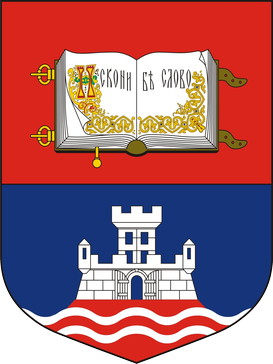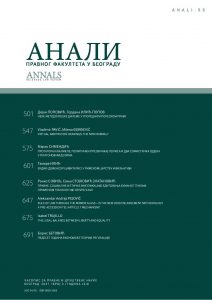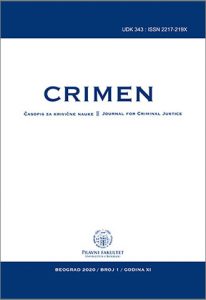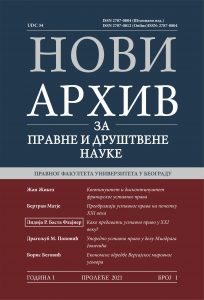About the Moot
Aviation law is the branch of law that concerns flight, air travel, and associated legal and business concerns. It can be regarded as matter of both international and national law, but is more often considered as a branch of international law due to the nature of air travel. The International Civil Aviation Organization (ICAO) provides general rules and mediates international concerns to an extent regarding aviation law. The ICAO is a specialized agency of the United Nations. Air law in the 21st century has started by receiving important impulses from concerns for security, and initiatives designed to streamline aviation operations from an economic point of view in the light of the state of the industry. Also, law and policy makers pay increasingly attention to the establishment of a safe, efficient and environmentally friendly infrastructure for air transport.
The Air Law Moot Court Competition is organized annually by the International Institute of Air and Space Law at Leiden University. The university was founded in 1575 and is one of Europe’s leading international research universities and Europe’s top ranked Public Law University. The Institute itself was founded in 1985 and maintains close contacts with national and international organizations and undertakings worldwide.
In August each year, selected scholars of aviation law produce the moot problem for the following year. The problem is then released to universities and posted on this website. Law schools around the world register for the competition by the end of November and are to submit written memorials by the end of January. Based on the quality of the written memorials and performance in the pre-moot National rounds the Air Law Moot Court Bureau selects university teams that will compete in the oral rounds at the official venue of the Competition which changes every year. The oral rounds are regarded as the semi-finals of the Competition.
The oral rounds consist of arguing the case before a panel of aviation experts in accordance with the rules of procedure of The International Court of Justice.
After all the semi-final rounds are finished, the team that has the highest score as the applicant and the team that has the highest score as the respondent will advance to the final round.
This is the first time a competing team from the Faculty of Law at the University of Belgrade will be a participant in the semi-finals of the competition.
More information and the documents relevant for previous competitions can be found on the official site of the competition:
law.leiden.edu/organisation/publiclaw/iiasl/moot-court
law.leiden.edu/organisation/publiclaw/iiasl/moot-court/seventh-international-air-law-moot-court-2016











